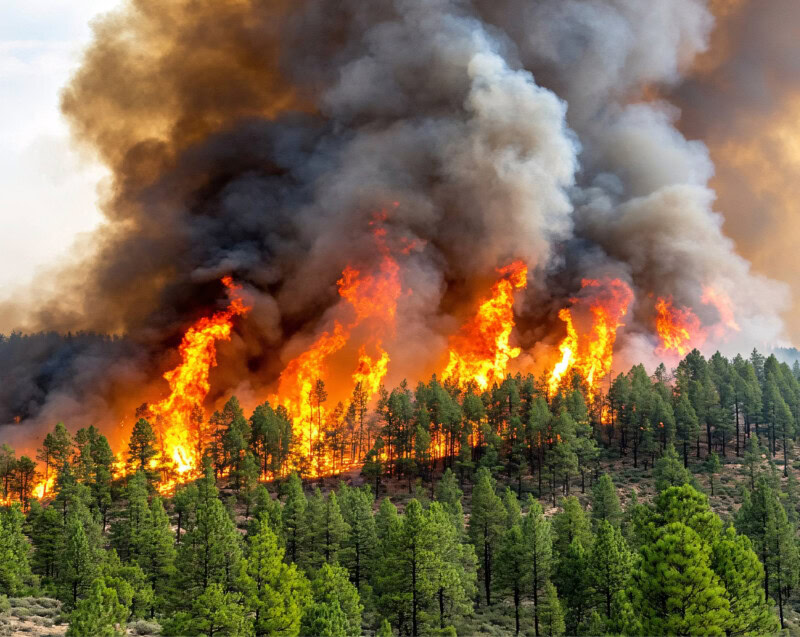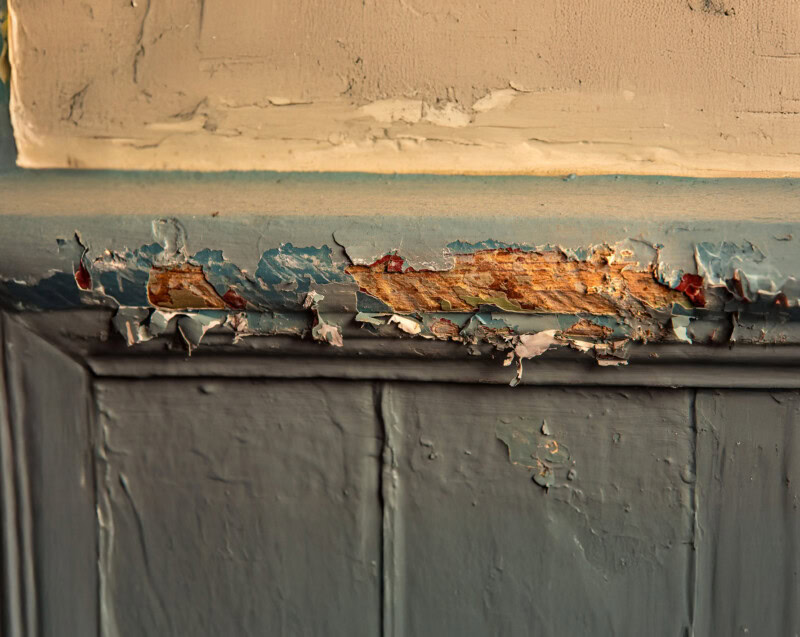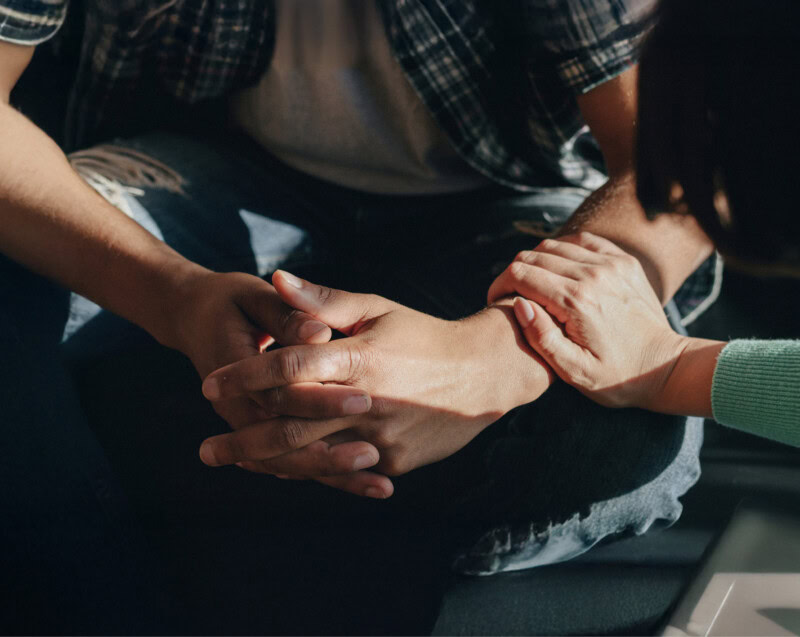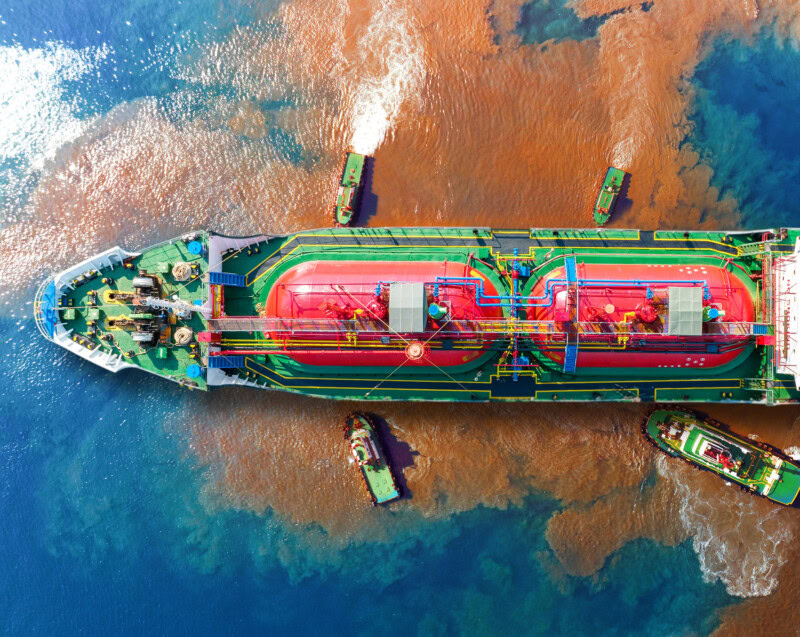In August, Hurricane Laura battered the Southeastern U.S., leaving devastation, damage, and debris in its wake. As impacted communities continue to pick up the pieces, it’s important to highlight an often-forgotten risk: carbon monoxide (CO) poisoning. As NPR recently noted, “More deaths associated with Hurricane Laura were caused by improper use of portable generators than the storm itself.” CTEH’s certified health and safety experts are answering FAQs about this potential natural disaster hazard to help prevent future CO poisoning incidents:
Why is CO dangerous?
Carbon monoxide is often referred to as “the silent killer” because it is an odorless, colorless gas that can cause serious illness or death if inhaled. Portable back-up generators, which are commonly used during power outages, produce CO. According to the CDC, this “can cause CO to build up in a home, garage, or camper” and “poison the people and animals inside.”
What are the symptoms of CO poisoning?
Since CO is invisible and odorless, individuals are often unaware they’ve been affected. Initial symptoms generally include headache, nausea, vomiting, dizziness, weakness, sleepiness, and confusion. Sustained exposure to CO can result in loss of consciousness or even death. That’s why it’s essential to have a working carbon monoxide detector.
How can we prevent CO poisoning?
Preparation and proper usage are key. Never use portable-generators, grills, camp stoves, or other gasoline, natural gas, or charcoal-burning devices inside homes, basements, garages, or enclosed structures. Only use outside and more than 20 feet away from any windows, doors, or vents. Before using any of these items, ensure they have been regularly serviced by qualified technicians. Install up-to-date, battery-powered CO detectors on each story of buildings or structures. If CO poisoning is suspected, immediately call 911 or the Poison Control Center at 1-800-222-1222.
Have additional questions about how to help keep workers, the community, or the environment safe during natural disaster responses? Contact us at webquestion@cteh.com.




